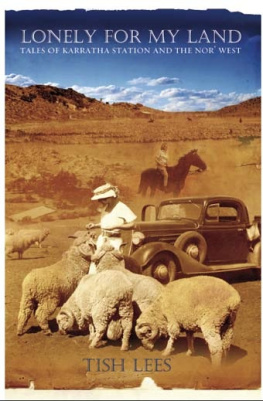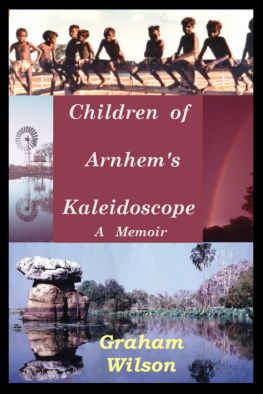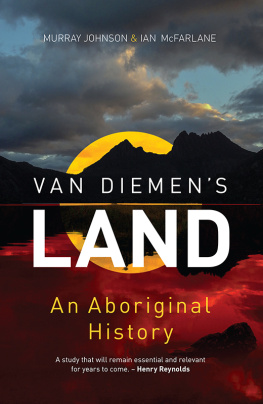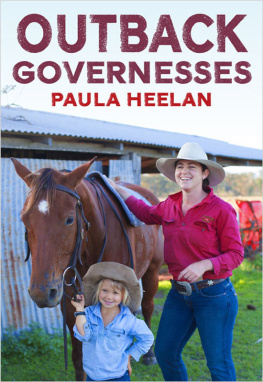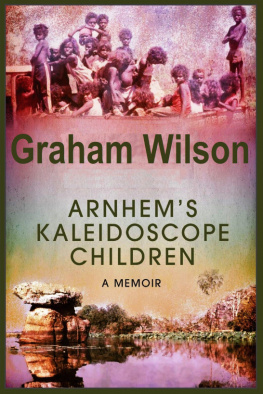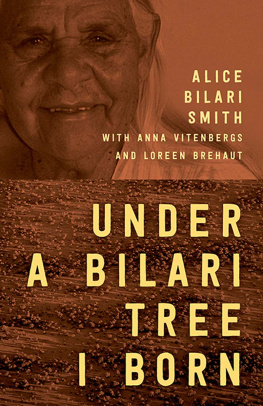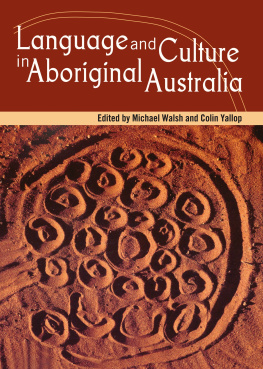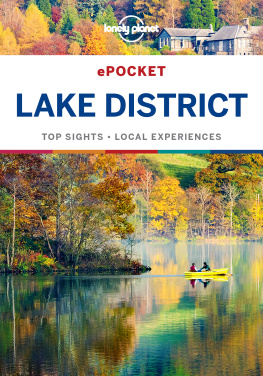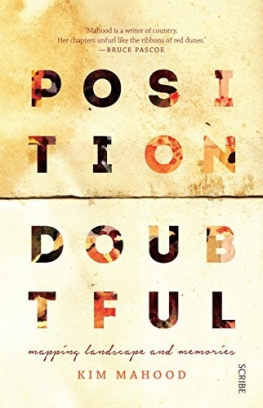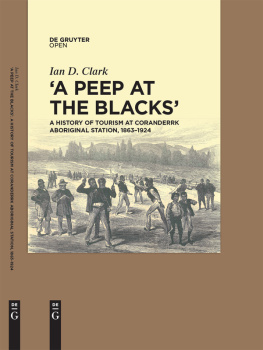
Lonely for
my land
Tales of Karratha Station
and the Nor' West
by
Tish Lees
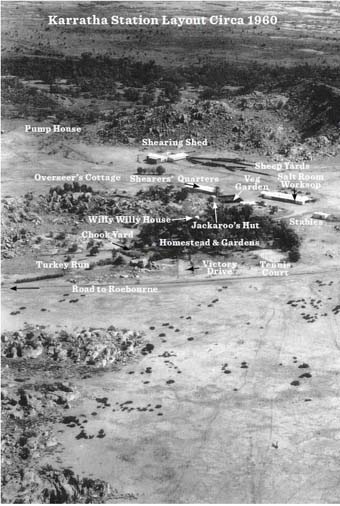
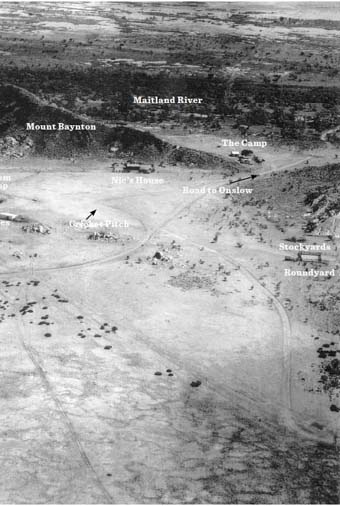
Karratha Station Layout Circa 1960
Published in Australia by Sid Harta Publishers Pty Ltd, ABN: 46 119 415 842 23 Stirling Crescent, Glen Waverley, Victoria 3150 Australia Telephone: +61 3 9560 9920, Facsimile: +61 3 9545 1742 E-mail: author@sidharta.com.au
First published in Australia June 2010 Second edition This edition published August 2010 Copyright - Tish Lees 2010 Cover design, typesetting: Chameleon Print Design
Digital Edition published in December 2010 by:
Port Campbell Press
www.portcampbellpress.com.au
ISBN 9781877006555 (Epub)
The right of Tish Lees to be identified as the Author of the Work has been asserted in accordance with the Copyright, Designs and Patents Act 1988.
The information in this book is based on the author's personal experiences and opinions. The publisher specifically disclaims responsibility for any adverse consequences which may result from use of the information contained herein.
National Library of Australia Cataloguing-in-Publication entry
Author: Lees, Tish.
Title: Lonely for my land : tales of Karratha Station and the nor' west / by Tish Lees.
ISBN: 9781921642364 (PB)
Subjects: Lees, Tish--Childhood and youth.
Leslie family.
Karratha (W.A.)--History.
Pilbara (W.A.)--History
Sheep ranches--Western Australia.
Dewey Number: 994.1304092
This work represents the honestly held views and recollections of the author. Should any part of this work prove to be inaccurate, the author offers a sincere apology but can accept no responsibility and/or liability for any resulting inconvenience to or offence taken by the reader or any other party.
All rights reserved. No part of this publication may be reproduced, stored in a retrieval system, or transmitted, in any form or by any means without the prior written permission of the publisher, nor be otherwise circulated in any form of binding or cover other than that in which it is published and without a similar condition being imposed on the subsequent purchaser.

May thee to whom this book belongs
Light sorrow know, if any.
Your hours of grief, may they be few,
Your happy moments many.

The Lesser Wanderer Butterfly - indigenous to the Pilbara.
From a painting by Philippa Nikulinsky.
Aboriginal and Torres Strait Islanders are warned that this book contains the names and photographs of some people who may no longer be alive. This is not intended to be offensive.
For Mum, Dad and Marnie.
Love knows not its own depth until the hour of separation.
The magnitude of my sense of loss
is measured by my past happiness.
* * *
Thank you to my husband Richard
whose stoic support, wisdom and patience
has made my dream a reality.
With enduring love...
With love and gratitude I recognise and thank the
innumerable people who have contributed in incalculable ways
with time and energy towards helping bring this book to fruition.
Foreword
1. Whence I came
2. Demolition and devastation
3. Back to the beginning
4. The reluctant pastoralist
5. Mum
6. Born to the bush
7. The horizon my boundary
8. A matter of life or death
9. The war that almost was
10. Populate or perish
11. Lang
12. Vagaries of vehicles
13. Oh, Christmas!
14. A recalcitrant student
15. Boarding and boredom
16. Holidays and a bomb
17. Expanding horizons
18. The fledgling jillaroo
19. Earning my keep
20. Barefoot over bindis
21. Wily wind
22. Critters, cows, and killers
23. Community glue
24. A dusting of friends and aliens
25. An unusual playground
26. Sheep to shore
27. Getting it licked
28. The way it was
29. A generation not stolen
30. The beginning of the end
31. And so life endures
32. Reflections
Glossary
Endnotes
About the author
Foreword

Iron ore, natural gas, and many more mineral discoveries have so transformed the North West of Western Australia during the last half-century that it is hard to remember the region before the boom took place. Yet behind the expansion of recent times there were a hundred years of struggle when settlers tried to establish a pastoral industry in a hard and unpredictable environment, and when Aborigines and newcomers went through the difficulties of coming to terms with each other. That pastoral North West is a world we have lost. It was never a world that most Australians knew at first hand. It gave rise to a pastoral society which, although it was mostly sheep country like many others, it was different in a number of ways from any other pastoral region of Australia: more challenging, more remote, more dependent on human ingenuity.
We do not have enough records of that old North West, and that makes it doubly important to record stories such as what Tish Lees has given us here. She is unusually well qualified to serve as a witness of that time and place, as she grew up on Karratha, the pastoral property that was fated to give its name to the modern town whose facilities - and whose endlessly booming real estate prices - would have astonished the old breed of Nor' Westers who made their living there. These are the people of whom she gives a sharply observed and entertaining picture. She does not gloss over the hardships or the improvisations that were part and
parcel of life in that community, but she also makes it clear that there were pleasures enough, and often a good deal of fun. Her narrative is enriched by a rich photographic record and a shrewd eye for character.
Tish Lees has given generously of her time and energy to making sure that this book is worthy of the people whom it commemorates. Qualities of empathy and insight ensure that she succeeds. This is a story which is well worth having.
Emeritus Professor Geoffrey Bolton
Senior Research Scholar
Murdoch University
Western Australia
16 October 2009.
1. Whence I came

The three of us - Mum, Dad and I - returned to the Pilbara, our hearts leaden with sadness, our eyes swollen from grief having buried my younger sister and only sibling, Marnie, in Perth a few days earlier. We were shrouded in sorrow and numb from disbelief. She was just eighteen, on the threshold of a life filled with promise, her death unforeseen. We felt desolate and ravaged by anguish.
Next page
